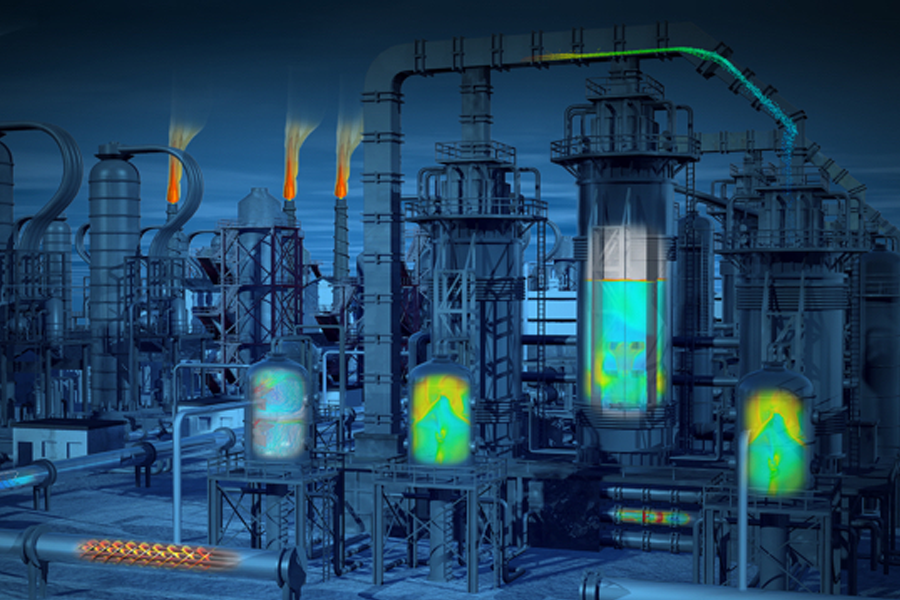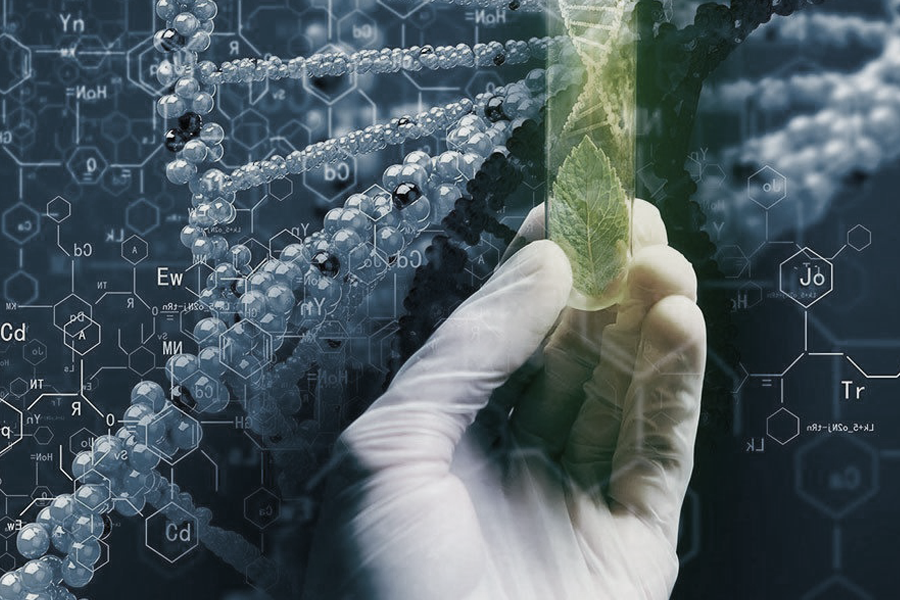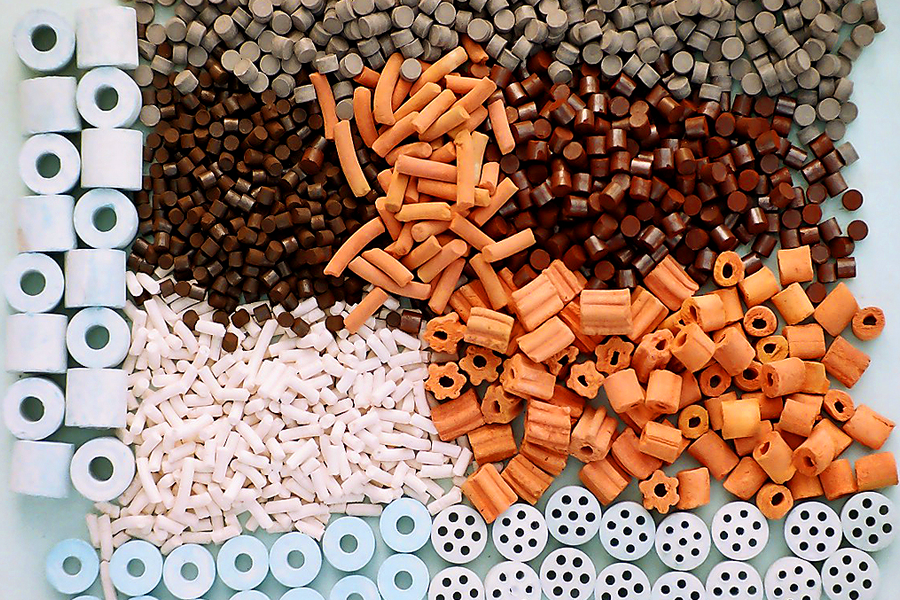Departments & Programs
|
Department of Process Design & Separation Processes |
 |
 |
|
Department of Process Design & Separation Processes |
This group consists of two orientations: separation processes and process design. The separation processes group was established in 2011, and the process design group was founded in 2015 at the Faculty of Chemical Engineering. The separation processes orientation includes the study, design, and modeling of various fundamental separation processes such as different types of distillation, extraction, absorption and desorption, crystallization, drying, as well as innovative separation methods such as membrane processes, surface adsorption, electrochemical processes, removal of environmental pollutants, and more. This orientation, along with process design, is considered one of the most fundamental orientations in chemical engineering. Separation processes play a key role in all chemical industries, oil refining, petrochemicals, gas, environment, energy, and emerging industries. Process design is a branch of chemical engineering in which individuals learn to design the transformation and conversion of substances from one state to another. To convert a substance from its initial state to another state, special devices need to be designed, and calculations need to be performed to achieve useful and beneficial results. This task is carried out by a process engineer. Industries directly or indirectly dependent on crude oil or refinery products and petrochemical industries are related to this orientation. Production and development of heat exchanger design, pump design, distillation and cooling towers design, and reactor design all fall within the scope of process design engineering.
 |
Department of Biotechnology |
 |
| Department of Biotechnology |
Chemical Engineering with a focus on Biotechnology is one of the interdisciplinary branches of engineering. Its main objective is to utilize microorganisms and biological processes effectively to enhance human life. To excel in this field, in addition to having a solid foundation in chemical engineering, knowledge of biological sciences such as biochemistry, microbiology, and biostatistics is also essential. The Chemical Engineering-Biotechnology program was established at Noshirvani University of Technology in Babol, Iran, in 1996 with the approval of the Ministry of Science, Research, and Technology. Since its inception, the Biotechnology group at the university has attracted more than 100 graduate students from across the country, offering both master's and doctoral programs. Students pursuing advanced degrees in this field undertake various educational units, including advanced biochemical engineering, environmental biotechnology, water and wastewater treatment, bioseparation and recycling of biological materials, industrial microbiology, genetic engineering, and more. The research activities of the Biotechnology group are conducted in four well-equipped laboratories: Biotechnology, Nanobiotechnology, Water and Wastewater Treatment, and Biofuels. These activities are supervised by faculty members who have gained valuable experiences from studying at renowned universities worldwide and their research and industrial endeavors. Consequently, the Biotechnology group has become one of the leading and well-recognized groups in the country. The continuous research efforts by graduate students in recent years have focused on various areas, including microbial enhanced oil recovery, nanobiotechnology, membrane technology, environmental engineering, drug delivery, tissue engineering, renewable energy, and biosensors.
| Department of Thermosynethic & Catalysis |  |
 |
| Department of Thermosynethic & Catalysis |
Thermosynethic and catalysis are the most fundamental and oldest branches of chemical engineering. This branch was established in the Chemical Engineering Department of Noshirvani Industrial University of Babol in 2001 and is active in related educational and research fields. The educational and research units of this branch, like other branches of chemical engineering, consist of 12 required units, 12 elective units, 2 specialized seminars, and 6 thesis units. Thermodynamics is one of the fundamental bases for designing chemical processes. All chemical processes and various stages of product processing, including chemical reactions and purification of raw materials and products, require an understanding of the thermodynamic properties of chemical substances and their interactions with each other. Also, it is rare to find a chemical product that can achieve desirable efficiency in a chemical reaction without the presence of chemical catalysts. This is essential in various industries, including oil, gas, and petrochemicals, as the country's primary and indigenous industries. Thermokinetics and catalysis courses, along with the main courses of chemical engineering, provide the necessary and up-to-date knowledge in various fields for use in various chemical industries. The range of topics covered in this branch is diverse and has effective overlaps with other branches of chemical engineering. Therefore, graduates of this branch, with an effective and deep understanding of various chemical materials and processes, acquire the necessary knowledge and skills to work and develop skills in various chemical, pharmaceutical, and biological industries.